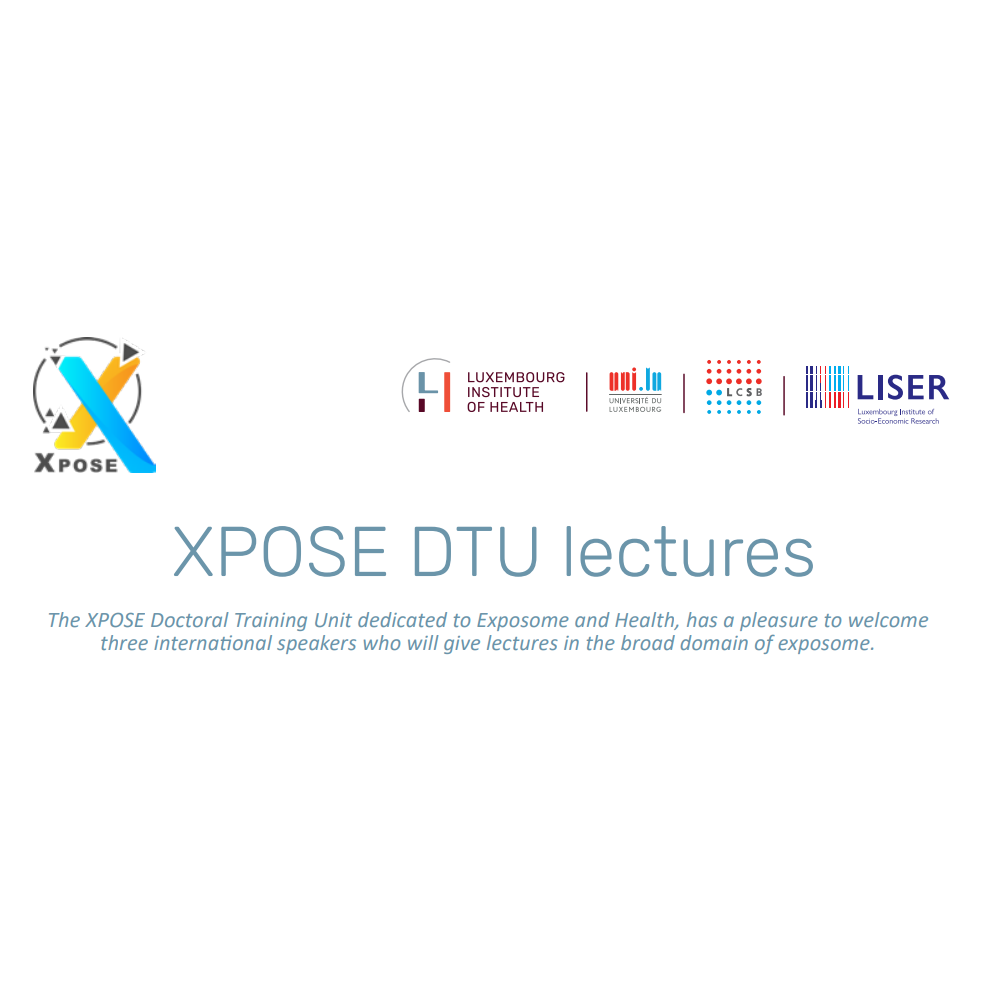🇬🇧 Statistical Issues in Drug Development
TRAINER

Senn
Statistical Consultant
Former Head of the Competence Centre for Methodology and Statistics, LIH
OUTLINE
This lecture-style course, including Q&A sessions, is based on Prof Senn’s monograph Statistical Issues in Drug Development (3rd edition, 2021) and his extensive experience working within and consulting for the pharmaceutical industry. It will explain ethodological ideas that underpin clinical trials and practical issues in implementing them.
TARGET AUDIENCE
The training should appeal to nonstatisticians who wish to gain an intuitive understanding of statistical issues related to clinical trial practice but also to statisticians who wish to understand practical problems that trialists face.
PROGRAMME
Day 1
Lecture 1: Control, randomisation
and blinding
Lecture 2: The measurement of
treatment effects
LUNCH BREAK
Lecture 3: The use of covariate information
Lecture 4: Some examples and some
lessons
Day 2
Lecture 5: Determining the sample size.
Lecture 6: Multi-centre trials
LUNCH BREAK
Lecture 7: Cross-over trials and n-of-1 trials
Lecture 8: Meta-analysis
PR-REQUISITES
Basic understanding of high school algebra and elementary statistics. The course will though be very light on algebra. Concepts will mainly be explained verbally, by analogy and graphically.
LEARNING OUTCOME
When completing the course you should be able understand the basics of clinical trial protocols and clinical trial reports. You should also be able to ask critical questions regarding trial design.
PRACTICAL DETAILS
Sandwich lunch will be provided.
Participation is free for LIH staff.
External participants will be charged a fee of 130 Euro (65 Euro for 1 day only).
REGISTRATION
Registration deadline: 04/09/2023
LIH staff: Please register via MPLEO
External staff: Please register by mail to formation@lih.lu.
Students who only wish to have an
introductory course should find that
Day 1 fulfils this purpose.
A certificate of attendance can be
delivered upon request to
formation@lih.lu
WHERE
Maison du Savoir
Room MSA 3.230
2, Avenue de l’Université
Belval Esch-sur-Alzette
DATA PRIVACY
Read more about the “Data Protection Notice: processing of personal data in the scope of events’ management”.






